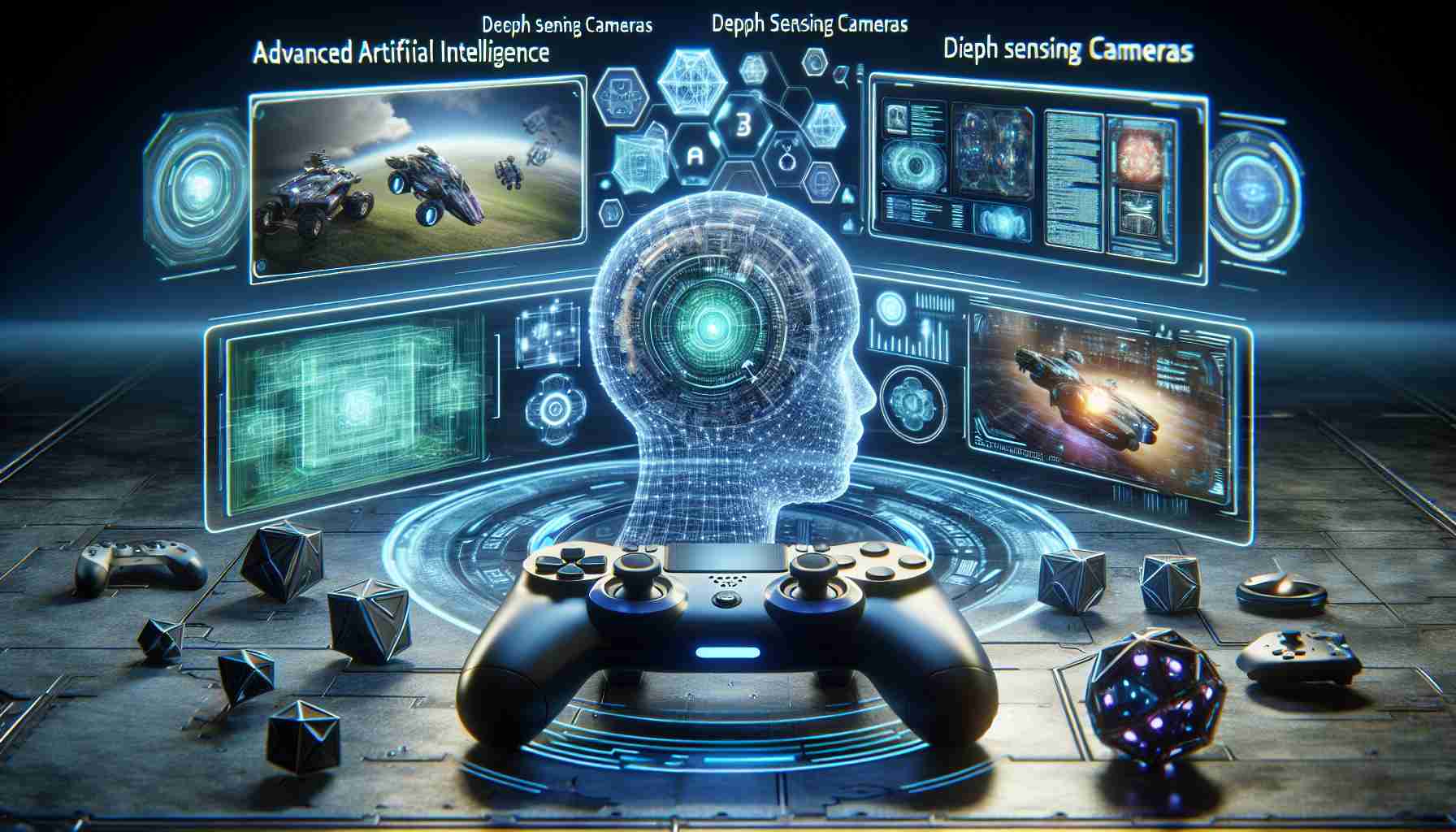As technology races forward, artificial intelligence continues to redefine industries, and gaming is no exception. Enter Mycroft: not just another virtual assistant, but a game-changing AI companion poised to revolutionize the way we interact with games.
So, what exactly is Mycroft? Unlike your typical game AIs that perform scripted tasks, Mycroft is an open-source AI platform designed to integrate with games to create dynamic, personalized experiences. Through natural language processing, Mycroft understands and engages with players, adapting game mechanics and narratives in real-time. This leads to a more immersive and personalized gaming experience.
The real magic of Mycroft lies in its adaptability and learning capabilities. Imagine an RPG where your AI companion learns from every decision you make, adjusts its strategies, and offers tailored advice during epic battles. By analyzing player behavior and preferences, Mycroft can predict what players might enjoy, streamlining the gaming experience like never before.
Another potential breakthrough is in accessibility. With Mycroft, games can become more inclusive. Players with disabilities might find new ways to engage with game worlds through voice commands and personalized adaptive controls, making gaming more accessible to a broader audience.
Looking towards the future, Mycroft embodies the promise of collaborative development. As an open-source platform, developers can experiment, contribute, and expand Mycroft’s capabilities. This collaboration could lead to innovations in AI-driven storytelling, gameplay mechanics, and procedural content generation, reshaping the landscape of game development forever.
In conclusion, Mycroft represents not just a technological advancement, but a cultural shift in how we perceive and interact with digital worlds, promising an unprecedented level of personalization and collaboration for the future of gaming.
Unlocking the Potential of AI in Gaming: The Mycroft Revolution
The introduction of Mycroft into gaming is stirring potential benefits and raising intriguing questions about the larger implications for society. While the advancements are impressive, what does this mean for gamers and the industry as a whole? Beyond personalizing experiences, how will Mycroft impact game development and our interaction with digital entertainment?
One remarkable advantage is the potential for Mycroft to influence mental health positively. By adapting to players’ emotional responses, Mycroft can create environments that are less stressful, potentially turning games into therapeutic tools. Imagine a game that eases your anxiety after a stressful day or one that adapts difficulty levels to reduce frustration.
However, there are some controversies to consider. The line between assistance and manipulation is thin. If Mycroft can predict and adapt to user preferences, it might lead to ethical concerns about its influence on players’ decision-making. Could AI alter the narrative to subtly direct or control player choices, raising questions about autonomy and consent in gaming?
Furthermore, as open-source, there’s potential for uneven developments. The flexibility allows anyone to modify and enhance Mycroft, which is fantastic for creativity, but could result in problems if poorly executed adjustments cause security or legal issues.
The social implications are noteworthy. Will this personalization create a divide between those who can afford advanced AI-enhanced experiences and those who cannot? It could further exacerbate accessibility disparities despite its inclusivity potential.
In navigating these challenges and opportunities, the future of Mycroft and AI in gaming poses fascinating questions, fundamentally altering our digital landscapes. How will developers and communities address these issues while preserving the creative magic Mycroft offers? As gaming evolves, these answers will shape not just entertainment but culture itself.



















